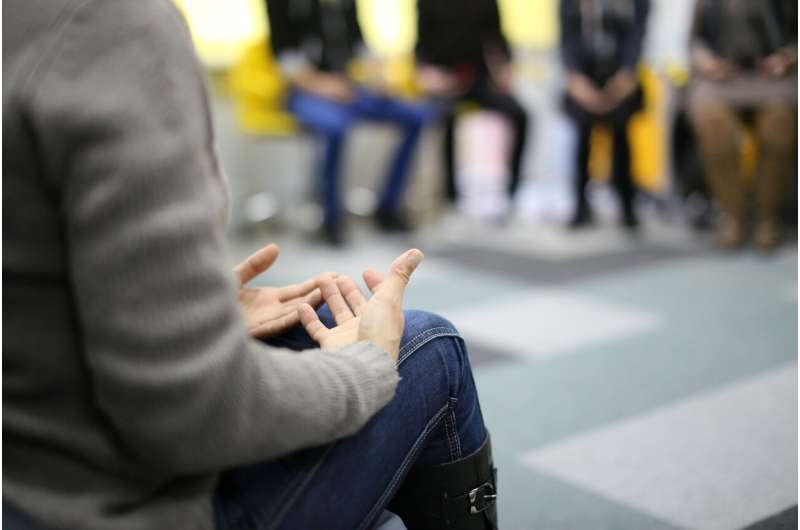
Young adults who beat cancer face unique challenges later on in their adult lives. These include both psychological and physical impacts, such as body image disruption, social relationship difficulty, fertility and sexual distress, anxiety, depression and fear of cancer recurrence. With testicular cancer being among the most prevalent non-skin cancer among males in late adolescence and early adulthood, this community of patients need increased attention.
Associate professor of population health and disease prevention, Michael Hoyt, Ph.D., developed new behavioral therapy that he and his collaborators suggest could provide much needed support to young adult testicular cancer survivors.
Their research is published in the journal Annals of Behavioral Medicine.
In a randomized, controlled trial, 75 eligible young adult testicular cancer survivors either received the Goal-focused Emotion-regulation Therapy (GET) or supportive listening therapy. GET is a six-session intervention aimed to enhance self-regulation through improved goal navigation skills, improved sense of meaning and purpose, and better ability to regulate specific emotional responses. Those who received the GET intervention had less depressive and anxiety symptoms compared to those receiving supportive listening, and these gains continued 3-months later.
“Our ultimate goal is to see our young adult cancer survivors thrive and if our intervention can reduce adverse outcomes then there is promise,” say the authors.
University of California, Irvine

